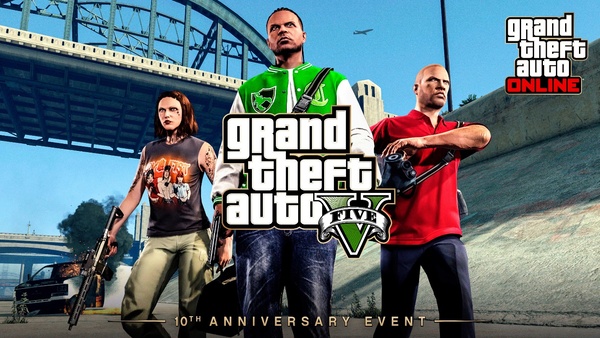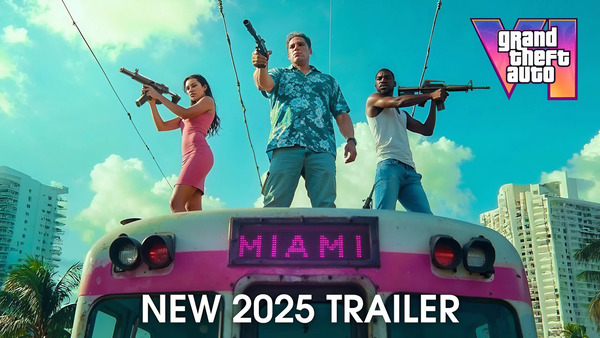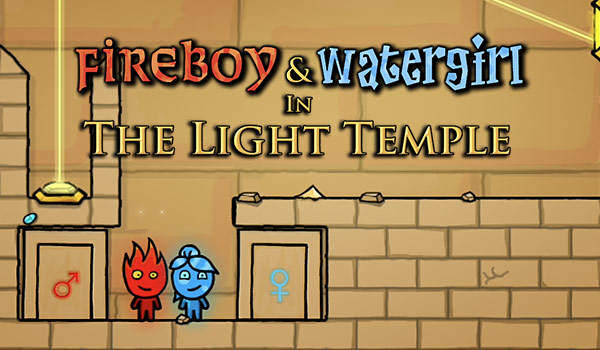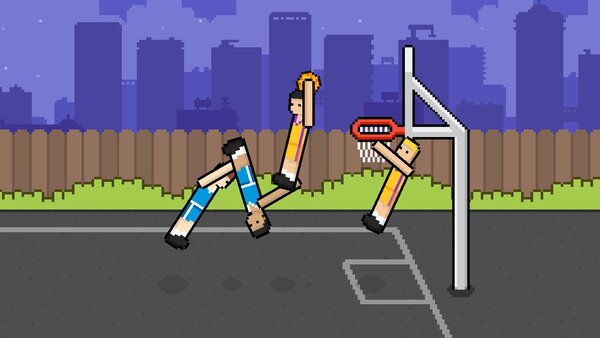In the world of sports, gaming, and competitive arenas, few words evoke as much tension, anticipation, and emotional intensity as "rematch." A rematch is more than a second encounter; it is the continuation of an unresolved story, the opportunity to rewrite history, and the testing ground for redemption or reaffirmation of superiority. Whether it's a boxing ring, a chessboard, a courtroom, or an esports arena, the concept of a rematch transcends genres and disciplines, tapping into the very human need for closure, vindication, and growth. This article explores the full meaning and power of rematches, their impact across history, psychology, entertainment, and strategy, and how they shape winners and losers alike.
The Origin and Evolution of Rematches
The concept of a rematch dates back centuries, long before modern competitive frameworks. In ancient times, warriors and gladiators often faced each other more than once, with their legends growing over multiple battles.
Early Historical Context
In ancient Greece and Rome, athletes in Olympic and gladiatorial games were often matched up repeatedly, with audiences eager to see who had learned and adapted since their last confrontation. Rematches were celebrated as tests of honor and resilience.
Rematches in Modern Sports
In the 20th and 21st centuries, rematches have become a cornerstone of sports marketing. Think of Ali vs. Frazier II, or Federer vs. Nadal countless times on the tennis court. A well-publicized rematch boosts fan interest, ticket sales, and media coverage, becoming a narrative-rich spectacle.
Rematch in Competitive Sports
Sporting rematches offer not only entertainment but also vital strategic and psychological dimensions. From football to boxing, they give athletes and teams a second shot at victory, often under vastly different conditions.
Strategic Adjustments
Rematches often showcase improved strategies. Coaches and athletes study their previous encounter, identify weaknesses, and make critical adjustments. This elevates the rematch from being just a repeat into a high-level chess match of evolving tactics.
Memorable Examples
-
Ali vs. Liston II (1965): A rematch that ended in one of the most iconic knockouts in boxing history.
-
Germany vs. Argentina (World Cup finals 1986 and 1990): A tale of revenge and redemption across two tournaments.
Rematch in Esports and Video Gaming
In the digital age, rematches are a frequent and essential part of competitive gaming. Whether it’s a 1v1 duel in Street Fighter, a clan battle in Call of Duty, or a ranked requeue in League of Legends, the rematch button is often just a click away.
Mechanics of Gaming Rematches
Most multiplayer games include a rematch feature. It allows players to instantly challenge the same opponent again, often in ranked settings, to avenge a loss or assert dominance.
Impact on Player Experience
-
Builds rivalry and competition
-
Encourages learning from defeat
-
Enhances emotional investment in matches
Popular Games with Rematch Culture
-
FIFA and NBA 2K with their “instant rematch” options
-
Fighting games like Tekken and Mortal Kombat
-
Battle Royale games where entire lobbies seek revenge in future matches
Psychological Aspects of a Rematch
A rematch is as much a mental game as it is physical or tactical. The memory of a previous loss—or victory—colors a player’s approach, confidence, and decision-making.
The Mental Toll
For the loser, a rematch represents redemption but also the risk of repeated failure. For the winner, it’s the challenge of defending one’s superiority under renewed pressure.
Psychological Patterns
-
Revenge Motivation: Drives players to perform better.
-
Overconfidence Trap: Past winners may underestimate an improved opponent.
-
Redemption Arc: Losing once makes victory in a rematch feel more earned and cathartic.
Cultural Significance of Famous Rematches
Some rematches transcend the sport or activity they belong to and become cultural milestones. They’re referenced in media, inspire documentaries, and spark debates for years.
High-Impact Examples
-
Rocky Balboa vs. Apollo Creed II (Fictional): A rematch that became symbolic of underdog perseverance.
-
Kasparov vs. Deep Blue II (1997): A rematch between human and machine that marked a turning point in AI history.
-
Conor McGregor vs. Nate Diaz II (UFC): A blockbuster MMA rematch with intense buildup and split decisions.
Influence on Pop Culture
These rematches often inspire movies, memes, music references, and intense fan loyalty. They show how rematches tap into the narrative needs of audiences who crave resolution and dramatic arcs.
The Rematch Clause in Combat Sports and Contracts
In many professional sports, particularly boxing and MMA, rematch clauses are contractual. These clauses guarantee a defeated champion the right to a rematch, adding a legal and strategic dimension to the idea.
Strategic Implications
-
Ensures continued revenue from high-profile matches
-
Encourages fighters to take riskier bouts
-
Keeps fan engagement high
Controversies and Criticism
Some fans and analysts argue that automatic rematches dilute championship prestige or delay more deserving contenders from getting a shot. Nonetheless, they remain a fixture in modern fight promotions.
Rematches in Politics, Business, and Law
While traditionally associated with sports, rematches also happen in elections, legal disputes, and business rivalries. A failed lawsuit or lost election can often be the beginning, not the end, of a battle.
Political Rematches
-
Barack Obama vs. Mitt Romney (Policy Debates): Repeated confrontations over economic policy shaped public opinion.
-
George W. Bush vs. Al Gore (2000): The election controversy left many calling for a political rematch that never came.
Legal and Business Battles
Companies often face off in court more than once—Apple vs. Samsung being a prime example. Rematches in business can span decades and shape industry landscapes.
Preparing for a Rematch: Strategies and Mindsets
To excel in a rematch, participants must reflect deeply on their previous performance, understand their opponent’s psychology, and enter with a revised plan.
Preparation Tips
-
Analyze past mistakes thoroughly.
-
Study your opponent’s behavior and strategy shifts.
-
Train to correct weaknesses exposed during the initial encounter.
Mindset Shifts
-
Enter without ego—treat every match as new.
-
Don’t assume the opponent will play the same way.
-
Manage expectations to avoid self-inflicted pressure.
The Future of Rematches in a Digital and AI-Driven World
With the rise of AI, virtual reality, and global digital platforms, the nature of rematches is evolving. They are now happening not just between humans but between humans and intelligent machines, and even between avatars in digital metaverses.
Emerging Trends
-
AI-based coaching tools preparing players for rematches
-
VR esports where rematches occur in fully immersive environments
-
Global accessibility enabling instant rematches across time zones and languages
Implications
Rematches will not only continue to shape the competitive world but may become essential components of AI training, collaborative gaming design, and educational systems. The idea of a rematch will shift from something occasional to something expected and integrated into feedback loops for growth and mastery.
Conclusion:
A rematch is not merely a redo—it’s a reflection of growth, challenge, and human resilience. It reveals character, fuels innovation, and drives stories that captivate people across every discipline and generation. Whether it’s on a sports field, in a game lobby, in a courtroom, or on a stage, the rematch represents our enduring pursuit of improvement and justice.




























